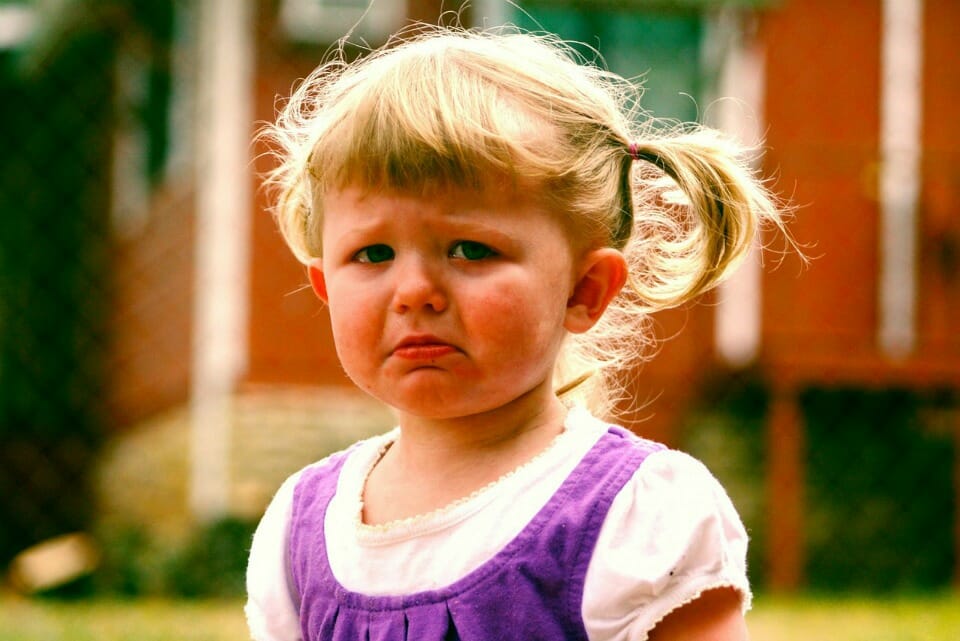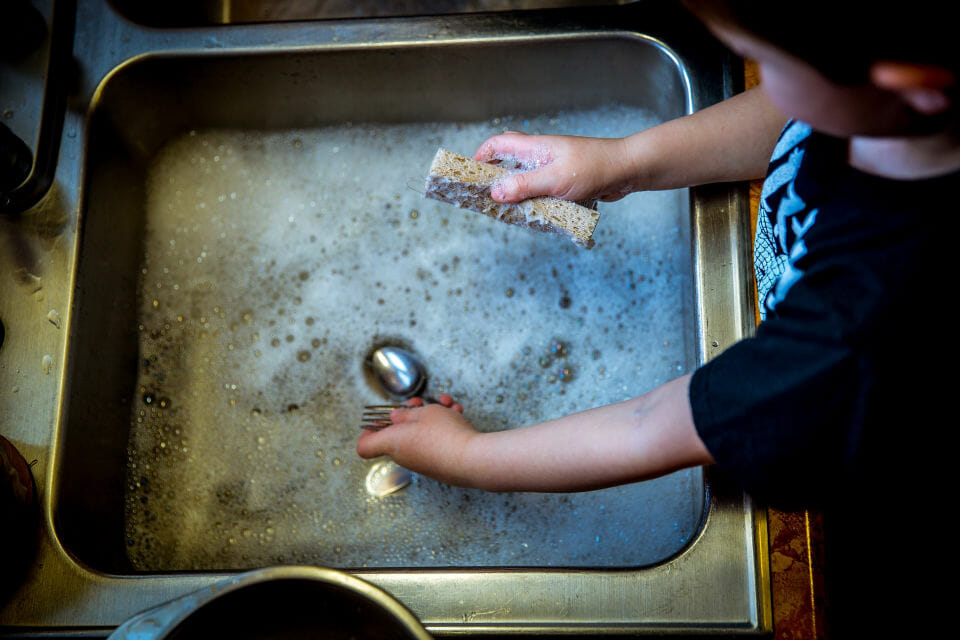Expert reveals why KIDS MISBEHAVE around their MOMS: ‘It’s a compliment’
Have you ever noticed your kids misbehave more when you’re looking after them but act angelic when other people are around?
Nope, you’re not imagining it. It’s a universal fact that all kids play up when they are with their mums.
The Healthy Mommy spoke to a parenting expert to find out why this is and for tips on how we can get our kids to be just as adorable with us as they are when we’re not around…
Explained! Why kids misbehave more when they are with their moms
Annie Gurton, a psychological and relationship therapist in Australia, says there are a number of reasons kids act up when they are at home.
In fact, it takes a lot for their undeveloped brains to control their impulses when they’re around mom. They feel they can act however they like because we love them, no matter what. And they know this!
“It feels safe. For kids who are well connected to their parents, their parents are available and in tune with them, so testing the boundaries is a normal thing to do,” says Annie.
“If Mom is secure herself and the kids know that their relationship with her is safe, they feel able to goof around, disobey and stretch the boundaries knowing that she is there for them.
“You could consider it a compliment.”

Kids tend to play up when there is rivalry or no boundaries
Another reason kids play up, Annie says, is because there may be competition, with other siblings, with a step-parent or step-kids or with mom’s work.
“After all, it often does get them the attention they crave. Even if they get in trouble, they are getting attention,” she says.
“Also, if there are no boundaries the kids will naturally try and push to see how far they can go. We see this when Mom tries to be a friend, sister or buddy instead of being a parent.
“To be a parent there is a requirement to be authoritative (not authoritarian) and some liberally-minded moms, in their attempts to be permissive, do not provide any boundaries at all.
“Kids feel really uncomfortable and deep down feel unsafe when there are no boundaries and will push and push until they find one.”
Annie explains that kids tend to play up more with their mothers than their dads or grandparents because they may not offer the same degree of safety as Mom.
“There may be a sense that unless they behave immaculately with dad or grandparents, they may leave, to go to work or go home,” she says. “They feel more secure with Mom, more able to play up.”
“Get kids to do chores and give them responsibilities to help them stop playing up”
So, the question we ALL want to know. How do we encourage our kids to behave better around us?
“Getting the kids to behave better depends on their age. The older the child, the more you can rely on their reasonableness to make your life easier,” says Annie.
“With a teen, it’s about establishing your own boundaries and their limits. If you feel that they are not respecting you, sometimes withdrawing your services can be enough to help them realize that it’s not all about them.
“All teens should be doing chores around the house, and if they are not then these need to be established. They need to have responsibilities, but not necessarily imposed on them – try and negotiate. And they should know that there are consequences for their inaction or non-compliance.”
“With younger children, start to introduce responsibilities and consequences as soon as possible. You want to get them to the point where they recognize that Mom is not their servant, she has her own life outside the home, and domestic chores are a team effort.
“Once they are more engaged with the house you’ll find them less prone to acting out and playing up.”

And if this doesn’t work?
Annie suggests respect needs to be earned both ways.
“All boundaries are essentially about respect. No-one wants to be a nag, and nor should you. Occasional raising voices may be useful, but not as a routine way of control or being heard,” she explains.
“The best way to enforce rules is – as in the wider society – that when rules are broken there are consequences. The more painful the consequence to them, the less likely the child is to repeat the behavior.
“Moms need you to be warm, consistent and available, but not their servant. Be kind, be thoughtful but be firm, and you will be doing the best you can.”
Great tips, Annie! Thank you so much.
8 out of 10 parents are EMBARRASSED by their toddler’s public TANTRUMS
For lots of great tips and advice join The Healthy Mommy Support Group







